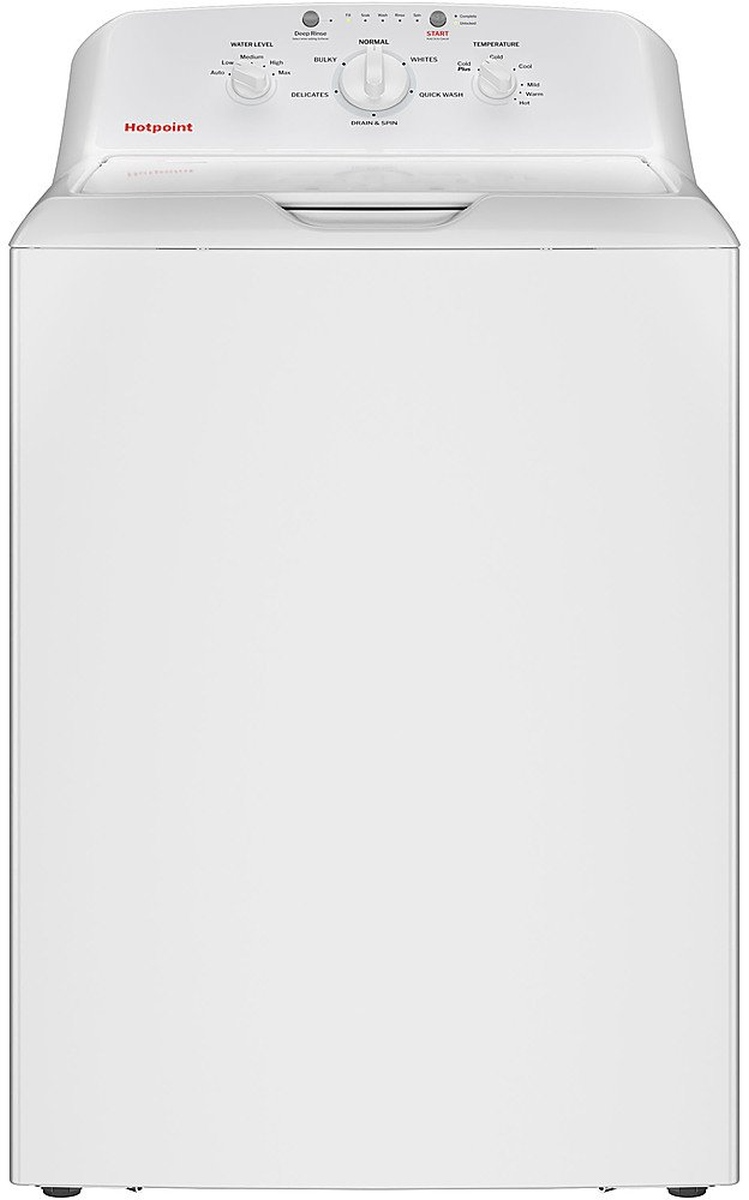
Gastroenteritis, often referred to as stomach flu, is an inflammation of the stomach and intestines that can lead to a range of uncomfortable and sometimes serious symptoms. Although commonly caused by viral or bacterial infections, gastroenteritis can also result from parasites or irritants. Understanding the key signs of gastroenteritis is crucial for timely diagnosis and treatment. At WellHealthOrganic.com, we aim to provide you with comprehensive information to help you recognize and manage this condition effectively.
What is Gastroenteritis?
Gastroenteritis involves inflammation of the stomach lining and intestines, resulting in a combination of symptoms that can vary in severity. It is commonly caused by viral infections such as norovirus or rotavirus, but bacterial infections like Salmonella or E. coli, and even parasites, can also be culprits. Additionally, gastroenteritis can result from consuming contaminated food or water, or exposure to infected individuals.
Common Causes:
- Viral Infections: Norovirus, rotavirus
- Bacterial Infections: Salmonella, E. coli, Campylobacter
- Parasitic Infections: Giardia, Cryptosporidium
- Foodborne Irritants: Unhygienic food preparation, spoiled food
Key Signs and Symptoms of Gastroenteritis
Recognizing the symptoms of gastroenteritis is crucial for proper management and to avoid complications. The symptoms usually appear within a few hours to a few days after exposure to the infection source. Here’s a detailed look at the key signs you should be aware of:
1. Diarrhea
Diarrhea is one of the most common symptoms of gastroenteritis. It often appears suddenly and can be frequent and watery. The stool may be accompanied by mucus or blood, depending on the severity and cause of the infection.
Characteristics:
- Frequent, loose, or watery stools
- Possible presence of mucus or blood
- Accompanied by urgency and cramping
Management Tips:
- Stay hydrated by drinking oral rehydration solutions or clear fluids.
- Avoid dairy products and high-fiber foods which can worsen diarrhea.
2. Vomiting
Vomiting is another prevalent symptom, particularly in viral gastroenteritis. It may occur alongside diarrhea or on its own. Vomiting can lead to dehydration, which makes it important to manage fluid intake carefully.
Characteristics:
- Sudden onset of nausea and vomiting
- Can be accompanied by abdominal cramps
- May occur multiple times in a short period
Management Tips:
- Sip clear fluids slowly, such as water, broth, or diluted juice.
- Gradually reintroduce bland foods like crackers or toast once vomiting subsides.
3. Abdominal Pain and Cramps
Abdominal pain and cramps are common as the stomach and intestines become inflamed. The pain can range from mild discomfort to severe cramping and may be diffuse or localized.
Characteristics:
- Crampy or aching pain in the abdomen
- Can be relieved by passing gas or having a bowel movement
- Pain may fluctuate in intensity
Management Tips:
- Apply a warm compress to the abdomen for relief.
- Avoid heavy meals and opt for light, easily digestible foods.
4. Fever
A mild to moderate fever often accompanies gastroenteritis, particularly if the condition is caused by a viral or bacterial infection. A fever can indicate that the body is fighting off an infection.
Characteristics:
- Elevated body temperature, typically above 100.4°F (38°C)
- Chills and sweating
- Generally resolves as the infection improves
Management Tips:
- Use over-the-counter fever reducers such as acetaminophen or ibuprofen if necessary.
- Ensure you stay hydrated and rest adequately.
5. Headache and Muscle Aches
Headaches and muscle aches can occur as secondary symptoms of gastroenteritis. These may result from dehydration, fever, or the overall strain on the body from the infection.
Characteristics:
- Generalized headache
- Muscle pain or soreness
- May be associated with fever and fatigue
Management Tips:
- Rest and stay hydrated to alleviate symptoms.
- Over-the-counter pain relievers can help manage headaches and muscle pain.
6. Fatigue and Weakness
Feeling tired and weak is common, especially as the body loses fluids and electrolytes through diarrhea and vomiting. This fatigue can impact your ability to carry out daily activities.
Characteristics:
- General feeling of weakness or lethargy
- Reduced energy levels and decreased activity
- Can be exacerbated by dehydration
Management Tips:
- Rest and avoid strenuous activities.
- Replenish electrolytes with oral rehydration solutions or sports drinks.
When to Seek Medical Attention
While gastroenteritis often resolves on its own within a few days, there are situations where medical attention is necessary. Seek help if you experience:
- Severe Dehydration: Signs include extreme thirst, dry mouth, decreased urination, and dizziness.
- Persistent Vomiting: If vomiting continues for more than 24 hours or prevents you from keeping fluids down.
- Blood in Stool or Vomit: Indicates a more serious condition or bacterial infection.
- High Fever: Particularly if it persists despite treatment.
- Severe Abdominal Pain: If pain is severe or worsening, it may indicate complications.
Special Considerations:
- Young Children: They are particularly vulnerable to dehydration and may require prompt medical evaluation.
- Elderly Adults: They may have a higher risk of complications and should seek medical advice if symptoms are severe.

Prevention Tips
Preventing gastroenteritis involves maintaining good hygiene and avoiding sources of infection. Here are some practical steps:
- Hand Hygiene: Wash your hands frequently with soap and water, especially before eating or after using the restroom.
- Food Safety: Ensure food is cooked thoroughly and avoid consuming undercooked or raw food items.
- Safe Drinking Water: Drink clean, safe water and avoid ice from unreliable sources.
- Avoid Contact: Stay away from individuals who are ill and avoid sharing utensils or personal items.
Conclusion
wellhealthorganic.com : key signs of gastroenteritis, while often self-limiting, can be uncomfortable and disruptive. Understanding the key signs and symptoms can help you manage the condition effectively and seek timely medical care if necessary. At WellHealthOrganic.com, our goal is to provide you with accurate, useful information to support your health and well-being. By staying informed and practicing good hygiene, you can reduce your risk of gastroenteritis and ensure a quicker recovery if symptoms do occur.






